Introduction
World Hepatitis Day is an annual event held on July 28th to raise awareness about viral hepatitis, its impact on public health, and the importance of prevention and treatment. Organized by the World Health Organization (WHO), this global initiative brings together individuals, communities, healthcare professionals, and policymakers to address the challenges posed by hepatitis.
Hepatitis Awareness
Hepatitis refers to inflammation of the liver caused by a viral infection. It is a primary global health concern that affects millions of people worldwide. Understanding different types of hepatitis, their transmission routes, symptoms, preventive measures, and available treatments are crucial in combating this disease.
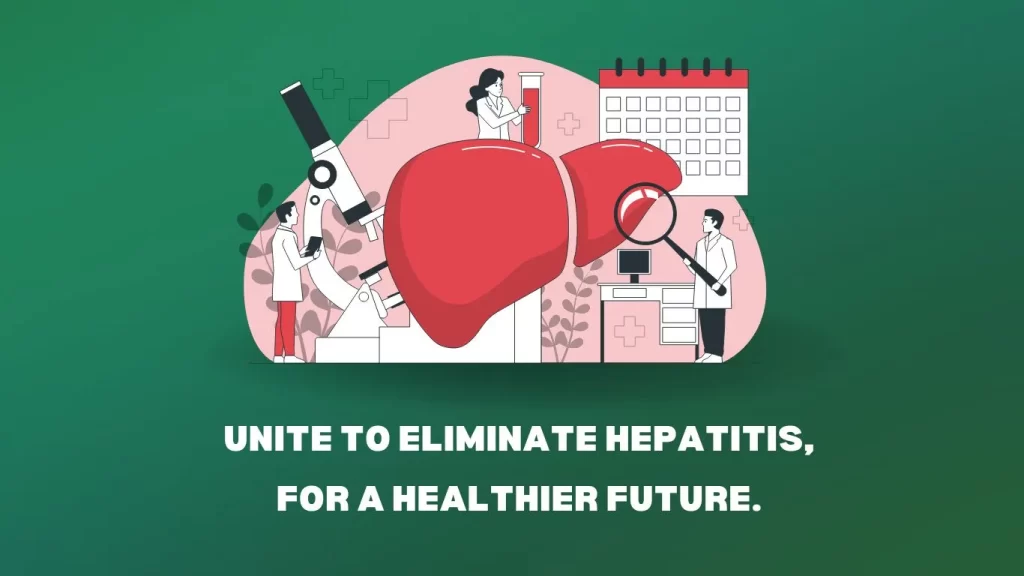
What are the different types of hepatitis?
There are several types of viral hepatitis classified as A, B, C, D, and E based on the viruses that cause them.
- Hepatitis A: Transmitted through contaminated food or water.
- Hepatitis B: Spreads through contact with infected blood or bodily fluids.
- Hepatitis C: Primarily transmitted through blood-to-blood contact such as sharing needles or sexual contact.
- Hepatitis D: Depends on the presence of Hepatitis B virus for infection.
- Hepatitis E: Similar to Hepatitis A; usually acquired through ingesting contaminated food or water in areas with poor sanitation.
How is viral hepatitis transmitted?
The mode of transmission varies depending on the type: Whereas,
- Hepatitis A, ingestion of fecal matter-contaminated food or water is commonly responsible for its spread.
- Hepatitis B can be contracted when an individual comes into contact with infected blood or body fluids such as semen or vaginal secretions during unprotected sex; sharing drug paraphernalia like needles; accidental needlesticks in healthcare settings; mother-to-child transmission during childbirth if the mother is infected.
- Hepatitis C is mainly transmitted through blood-to-blood contact. Sharing needles or other drug equipment, unsterilized tattoo or piercing tools, and, rarely, sexual transmission are common causes.
What are the symptoms of hepatitis?
The symptoms of hepatitis can vary depending on the type and severity of the infection. However, some general signs to watch out for include:
- Fatigue
- Jaundice (yellowing of skin and eyes)
- Dark urine
- Pale stools
- Abdominal pain
- Loss of appetite
- Nausea and vomiting
It’s important to note that some individuals with chronic hepatitis may not experience noticeable symptoms until their liver has already sustained significant damage.
Health Awareness Campaigns: A Path Towards Eliminating Hepatitis Worldwide
Health awareness campaigns play a critical role in addressing viral hepatitis globally. These initiatives aim to educate individuals about prevention methods, vaccination options, testing facilities, and available treatment strategies.
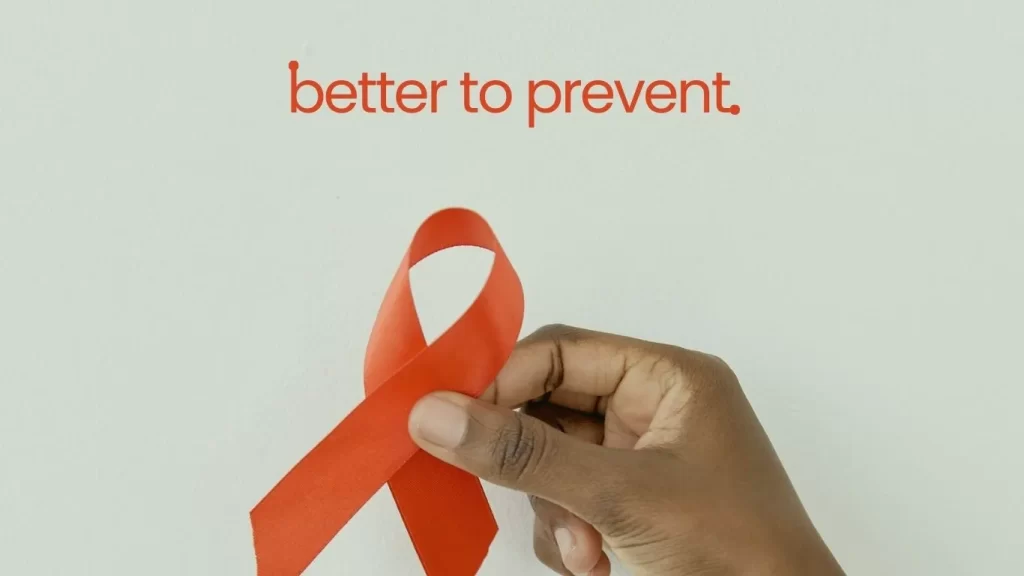
Importance of Vaccination
Vaccination plays a vital role in preventing hepatitis infections. So, By taking timely vaccinations against Hepatitis A and B viruses, individuals can acquire immunity against these diseases’ harmful effects. Although vaccinations have proven effective in reducing the incidence rates worldwide, there is still much work to be done to ensure universal access to vaccines.
Prevention and Treatment Options for Hepatitis
- Practice safe hygiene: Ensure proper Hygiene practices such as hand-washing after using the restroom or before handling food items can significantly reduce the risk of transmission for certain types like Hepatitis A.
- Safe sex practices: Using barrier methods such as condoms during sexual activity helps minimize potential exposure to bloodborne pathogens like Hepatitis B.
- Avoid sharing needles: Illicit drug use carries a high-risk factor for contracting viral hepatitis due to needle-sharing behaviors leading to blood-to-blood transmission. Avoiding sharing needles or attending needle exchange programs can substantially reduce the risk.
- Get tested and treated: Early diagnosis is essential in managing hepatitis infections effectively. Regular screening tests are crucial, especially for those at higher risk, such as injection drug users or individuals with multiple sexual partners.
- Antiviral medications: Several antiviral medications are available for treating chronic hepatitis B and C infections. These medications help slow down the progression of the disease, reduce liver inflammation, and minimize complications.
- Liver transplantation: In severe cases of liver damage caused by chronic viral hepatitis, a liver transplant may be necessary to save a patient’s life.
Hepatitis B
Hepatitis B remains a major public health concern globally with millions of people affected worldwide. It is important to raise awareness about this preventable disease and promote preventive measures to combat its transmission.
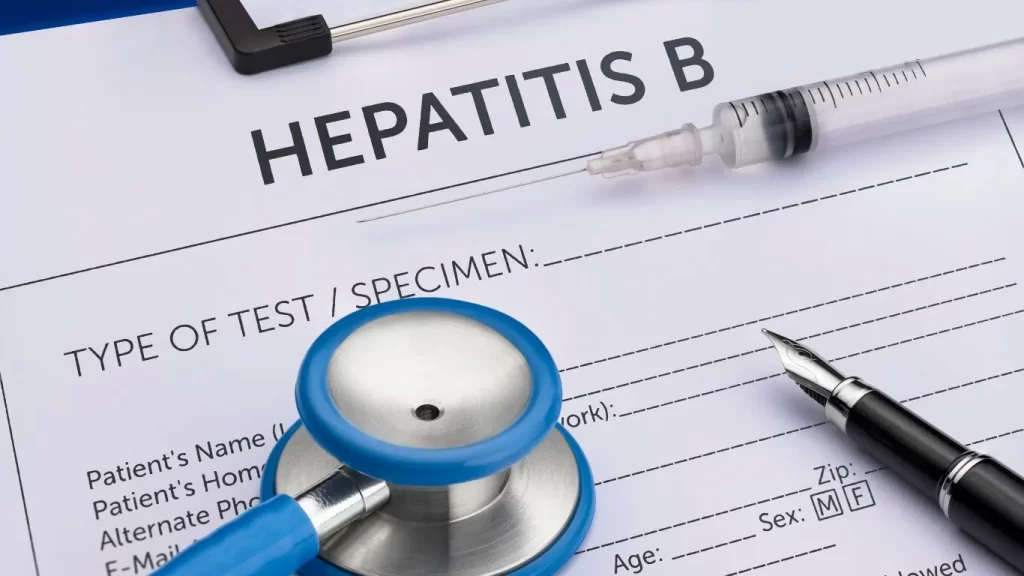
Hepatitis C
Hepatitis C, like Hepatitis B, poses a significant global health burden. Awareness of risk factors and testing options is crucial in curbing the transmission of this bloodborne virus.
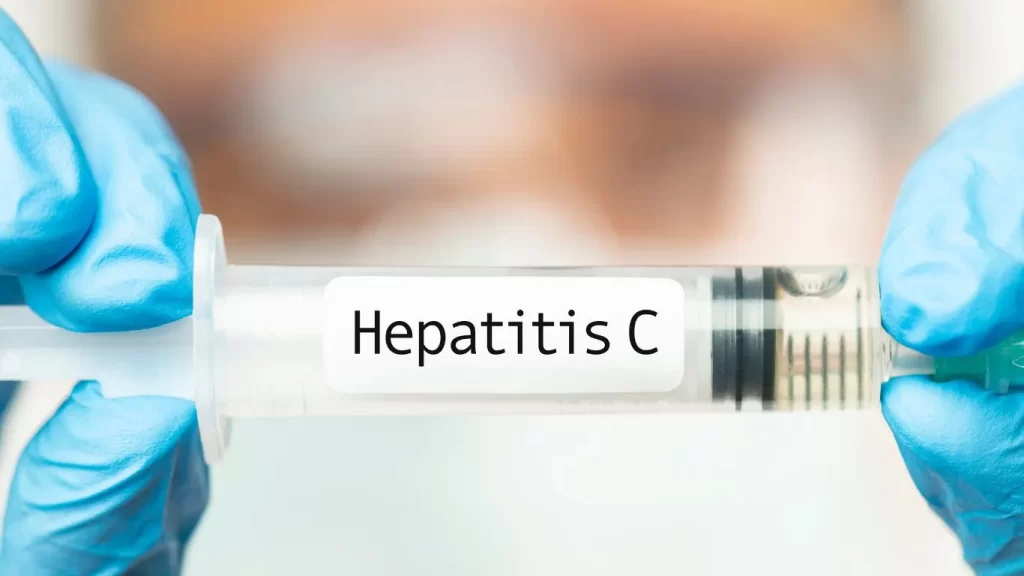
Conclusion
World Hepatitis Day serves as a reminder that viral hepatitis remains a significant threat to global health. Raising awareness about prevention measures, promote vaccinations against Hepatitis A and B viruses, and providing access to testing facilities and effective treatments like antiviral medications for chronic infections will help, afterall in removing this disease worldwide.
Let us join hands on World Hepatitis Day and beyond to ensure a healthier future by preventing new cases of viral hepatitis, although reducing the stigma associated with the disease, and supporting individuals living with hepatitis in their journey toward better health.




